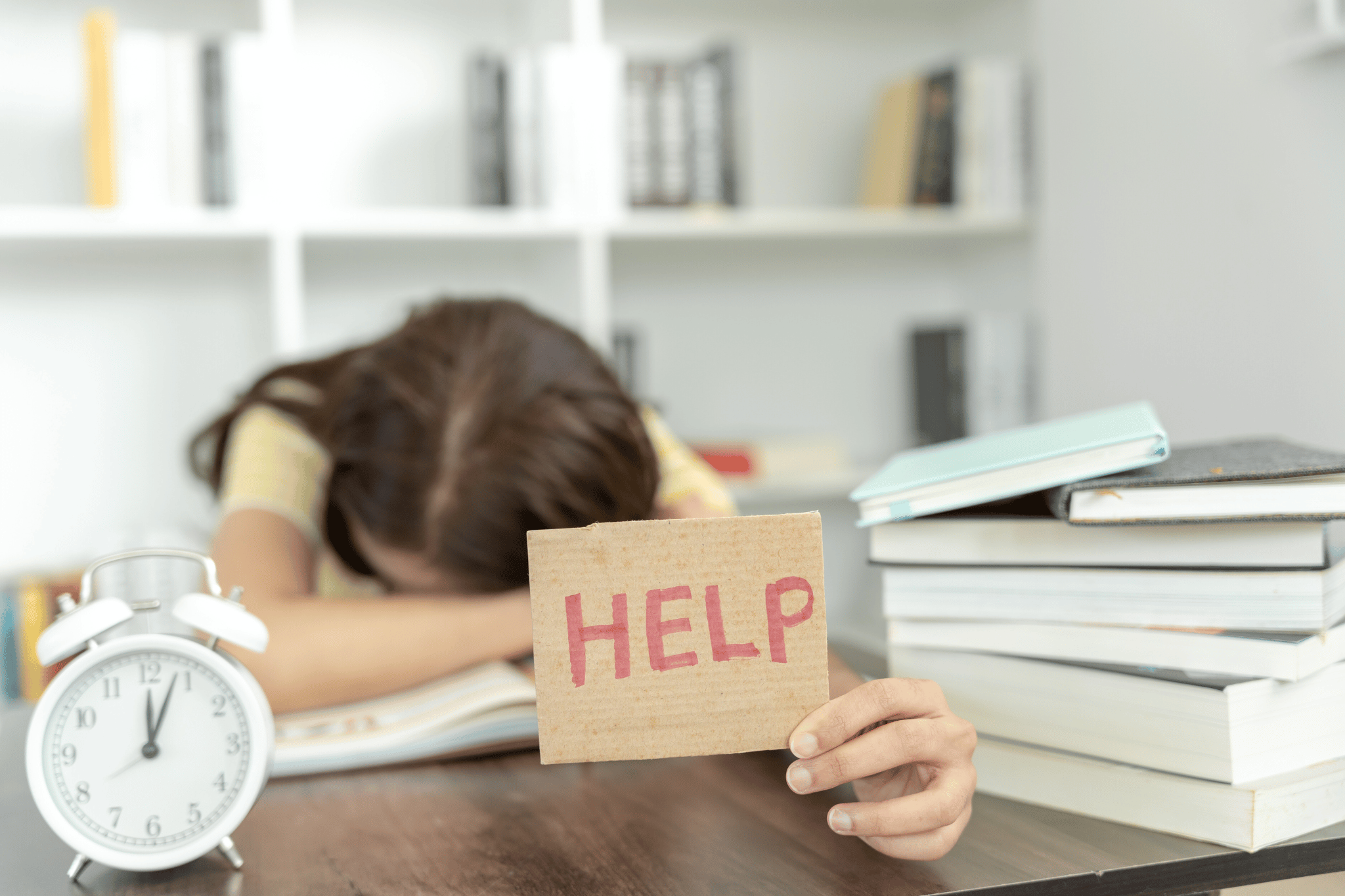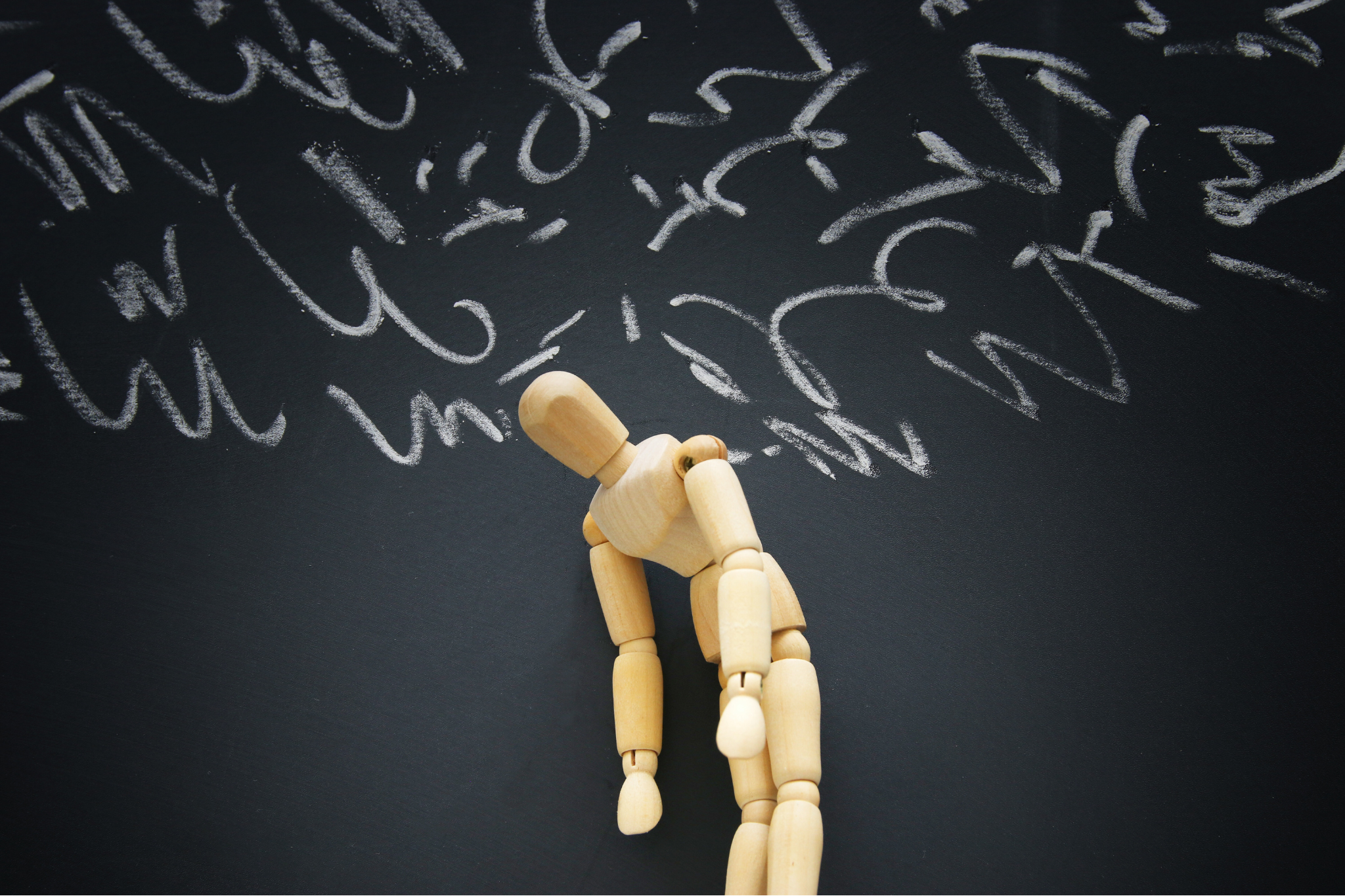Understanding Anxiety Disorder and ADHD: Key Insights
ADHD and Anxiety often affect adolescents at the same time. This comorbidity impacts behavior, mood, and quality of life. Teens may experience impulsivity, worry, and difficulty with executive functions. These overlapping symptoms can cause stress at home, in school, and in social settings.
At Adolescent Mental Health in Orange County, our team of health professionals provides therapy and medication management for teens with anxiety disorder and ADHD. Using evidence-based treatment backed by research, we help families understand the link between these conditions and how to manage both.
What to Expect From ADHD and Anxiety
ADHD (Attention-Deficit/Hyperactivity Disorder) affects working memory, inhibitory control, and attention span. Teens with ADHD may struggle with procrastination, forgetfulness, or hyperactivity. Anxiety disorder causes fear, panic, and excessive worry. It may lead to physical symptoms such as muscle tension, insomnia, and headaches.
The combination of ADHD and anxiety—often referred to as ADHD anxiety—can increase the risk of poor sleep, academic failure, and social isolation. The Anxiety and Depression Association of America highlights the high prevalence of co-occurring anxiety in individuals with ADHD.

How to Tell Your ADHD and Anxiety Apart
ADHD and anxiety can look similar, but the cause and motivation behind the behavior differ:
ADHD is linked to brain function and affects the nervous system. Symptoms include impulsivity, distractibility, and poor inhibitory control, even when the mind feels calm.
Anxiety stems from internal fear and stress. Teens may avoid tasks because of worry, not forgetfulness.
Teens with perfectionism may struggle with both procrastination and avoidance. A diagnosis from a qualified health professional helps clarify which condition—or combination—is present.
Is Anxiety a Symptom of ADHD?
While anxiety is not a core symptom of ADHD, the two are often connected. ADHD can cause anxiety over time. Constant struggles with organization, peer conflict, or academic failure can increase stress and lower self-esteem. This emotional strain may trigger or worsen anxiety.
Parents may notice their child avoiding school, experiencing stomach pain, or having panic attacks. These behaviors often reflect the emotional impact of ADHD, not just inattentiveness or hyperactivity.
Does ADHD Make Anxiety Worse?
Yes. ADHD may raise the risk of developing anxiety or make existing anxiety harder to manage. For example:
Poor sleep—common in ADHD—can intensify anxiety and fatigue.
Trouble focusing can lead to more worry and fear of failure.
Constant redirection and criticism may lower confidence and increase perfectionism.
Teens may also misuse substances like alcohol or other drugs to cope. This type of substance abuse can further damage mood and increase the risk of developing other mental health conditions, such as bipolar disorder or depression.

ADHD and Anxiety: How Do You Treat Both?
Effective management of ADHD and anxiety often involves a combination of approaches. At Adolescent Mental Health, we use personalized care that includes:
Medication
Medication can reduce symptoms and improve attention, mood, and sleep. For ADHD, common prescriptions include stimulants like amphetamine or non-stimulants like atomoxetine. When anxiety is present, selective serotonin reuptake inhibitors (SSRIs) or tricyclic antidepressants may be added.
Some patients may benefit from bupropion, which helps with both depression and ADHD. The best ADHD medication for someone with anxiety depends on age of onset, side effects, and overall health. A primary care provider or psychiatrist monitors response and adjusts the dose for efficacy and safety.
For teens with overlapping conditions such as OCD and ADHD, finding the best medication for anxiety and ADHD may take time and close supervision. Some also explore newer treatments like semaglutide or research-supported alternatives from systematic review studies.
Therapy
Cognitive Behavioral Therapy (CBT) is a common and effective therapy for both ADHD and anxiety. It focuses on improving coping skills, managing worry, and increasing self-awareness. Relaxation techniques such as meditation and mindfulness help reduce stress and improve focus.
BetterHelp ADHD resources and in-person counseling both support behavior change. Therapy also teaches teens how to manage social skills, improve inhibitory control, and regulate emotions. For teens with co-occurring OCD, therapy can reduce ritualistic thinking and increase emotional flexibility.
Lifestyle Changes
Lifestyle factors such as sleep, nutrition, and exercise play a large role in managing symptoms. Teens benefit from:
A balanced diet to support brain health
Regular physical activity to regulate mood and energy
Consistent sleep routines to reduce fatigue and improve attention
Some teens also benefit from structured schedules, timers, or environmental adjustments to reduce overstimulation and increase focus.
Relaxation Techniques
Teens with ADHD and anxiety often feel overwhelmed. Relaxation techniques help calm the mind and body. Options include:
Deep breathing
Guided imagery
Progressive muscle relaxation
Meditation
Practicing these techniques daily can lower stress levels and support better emotional control.
Sleep
Sleep disturbances are common in both ADHD and anxiety. Poor sleep can worsen memory problems, fatigue, and irritability. Teens need support to build a consistent bedtime routine. Reducing caffeine, screen use, and noise at night can help the body relax and reset the nervous system.
Physical Activity
Exercise is a natural stress reliever. It supports mood regulation, boosts serotonin, and helps with pain management and sleep. Activities like walking, swimming, or team sports also improve social connection, which can reduce loneliness and boost confidence.

Signs and Symptoms of Co-Existing Anxiety and ADHD
Teens with ADHD and anxiety may show signs such as:
Forgetting tasks or missing deadlines
Excessive fear or phobia about school, health, or performance
Difficulty concentrating
Trouble sleeping or chronic fatigue
Perfectionism and procrastination
Irritability or emotional outbursts
Headaches, muscle pain, or stomachaches
Avoiding challenges due to fear of failure
Parents and providers should look for consistent patterns. Early recognition improves outcomes and quality of life.
Strategies to Cope With ADHD and Anxiety
Helpful strategies for teens include:
Setting visual schedules or checklists
Using alarms to stay on task
Practicing daily relaxation techniques
Breaking down big tasks into smaller steps
Creating a quiet, clutter-free workspace
Journaling thoughts and feelings
Talking to a therapist or support group
Managing diet and sleep to support brain health
Family involvement and consistent follow-up with a provider ensure teens stay on track. Insurance plans often cover therapy and medication management under mental health care.
Conclusion
Teens living with ADHD and anxiety need support, structure, and evidence-based care. At Adolescent Mental Health in Orange County, we help families manage these conditions through medication, therapy, and healthy lifestyle changes. Our team uses research-driven strategies to improve behavior, focus, mood, and emotional balance. Contact us today to learn how we can help your teen thrive.









